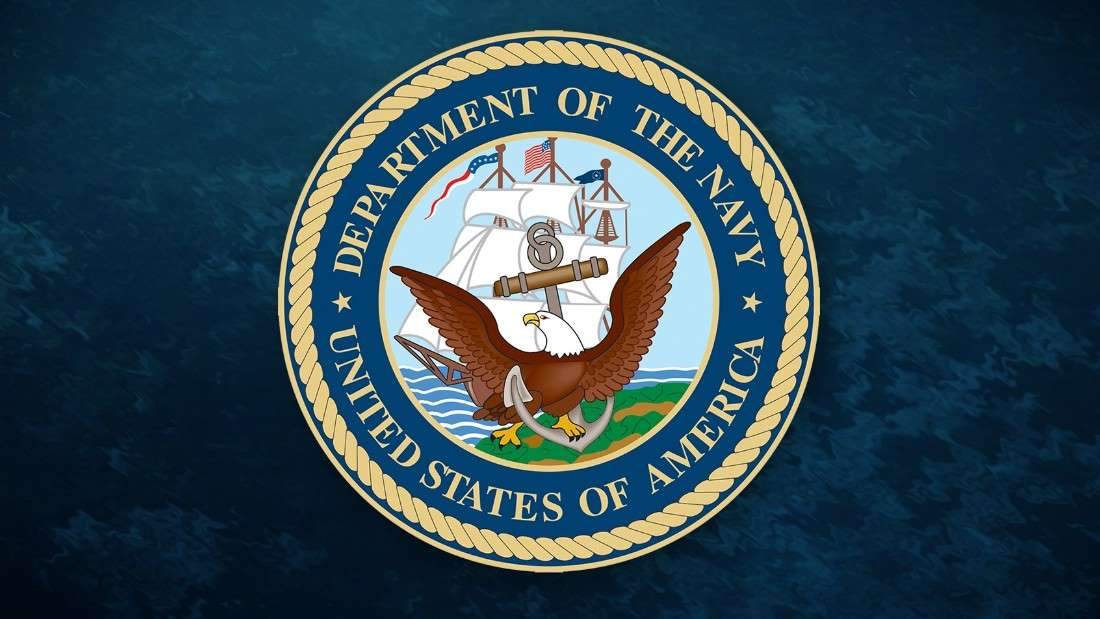US military deploys new type of nuclear weapon seen as key to countering Russia

The US military deployed a new submarine-launched low-yield nuclear weapon, something the Pentagon sees as critical to countering the threat posed by Russia's arsenal of smaller tactical nukes.
Several former high-ranking administration officials, however, have said the weapons increase the potential for nuclear conflict.
"The US Navy has fielded the W76-2 low-yield submarine-launched ballistic missile warhead," John Rood, the under secretary of defense for policy, said in a statement Tuesday.
The new nuclear weapon is a modification of the pre-existing W-76 warhead, which is used to arm submarine launched Trident II (D-5) missiles, so the new weapon does not add to the total number of nuclear weapons in the US stockpile.
The new warheads, the first new US nuclear weapon in decades, were first produced in February of last year.
The less powerful weapon was called for in the Trump administration's 2018 Nuclear Posture Review, which warned that adversaries might believe they could use a smaller nuclear weapon against the US or its allies without fear of the US launching a nuclear retaliation due to American weapons being disproportionately more destructive.
"Expanding flexible US nuclear options now, to include low-yield options, is important for the preservation of credible deterrence against regional aggression. It will raise the nuclear threshold and help ensure that potential adversaries perceive no possible advantage in limited nuclear escalation, making nuclear employment less likely," the 2018 Nuclear Posture Review said.
Rood said that the low-yield weapon requirement identified in the review was intended to "address the conclusion that potential adversaries, like Russia, believe that employment of low-yield nuclear weapons will give them an advantage over the United States and its allies and partners," Rood said.
He added that the new weapon "demonstrates to potential adversaries that there is no advantage to limited nuclear employment because the United States can credibly and decisively respond to any threat scenario."
Russia is believed to maintain a large stockpile of "tactical" nuclear weapons, which are less powerful and destructive than those possessed by the US.
Some have criticized the US pursuing the lower-yield weapon as some say it lowers the threshold for the use of nuclear weapons, arguing that leaders may feel less inhibited To use such weapons.
"We write to respectfully request that Congress reject the Trump administration's request for new, more usable, "low-yield" nuclear warheads for Trident missiles. There is no need for such weapons and building them would make the United States less safe. These so-called "low-yield" weapons are a gateway to nuclear catastrophe and should not be pursued," a group of former officials, including former Secretary of State George Schultz and former Secretary of Defense William Perry, wrote in 2018.
The US does have some older tactical nuclear B61 "gravity" bombs, but these are seen as much more vulnerable than a submarine-launched weapon.
Photo: © Provided by Cable News Network, Inc.











